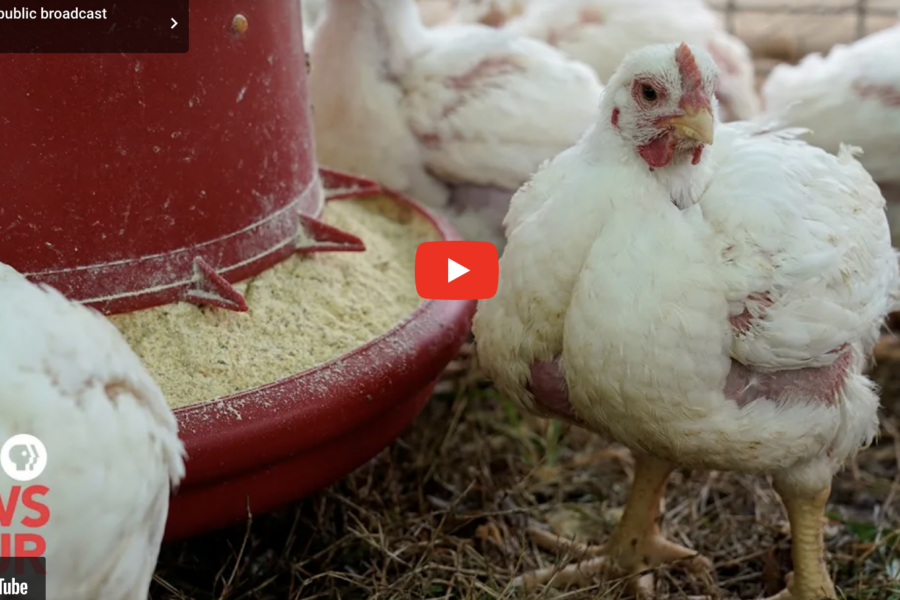PBS Newshour The H5N1 strain of bird flu has left the U.S. reeling as it tries to manage the deadliest bird flu outbreak in history. The PBS NewsHour’s William Brangham joined Nicole Ellis to explain the significance of this avian flu, the severity of the outbreak, and how it will affect people across the country.
What is the bird flu?
Birds carry flu in their stomachs all the time, Brangham said, and it typically doesn’t cause any problems for them or us. But, “Every now and then, one of those viruses” — like H5N1 — “becomes super contagious amongst birds and becomes deadlier to birds,” Brangham said. This specific strain has been circulating among birds for several years, but has only become deadly in the U.S. in the last year and a half. It’s spread rapidly not only among chickens, but also bird populations that aren’t typically infected with H5N1, like falcons, hawks, eagles, and owls, Brangham said.
Brangham said bird flus very rarely jump to humans, and epidemiologists have told him there is not an immediate threat to the general population. But the outbreak is deeply concerning for the scientific community and something it is watching closely, Brangham said.
In the few cases where humans have been infected by this strain of the bird flu, they are almost always cases where someone was directly in touch with birds that were infected or dealing with their feces or their excrements. In those cases, the mortality rate of bird flu among humans is high — about half of those infected, Brangham said. (We see this in history, too. The 1918 flu, an avian flu that became contagious among humans, killed an estimated 500 million people worldwide).
What’s encouraging for epidemiologists right now is that individuals who became sick with the bird flu “did not pass the virus to other humans,” an indicator that the virus has not evolved to spread among humans.”
What about consuming chicken or egg products?
The avian flu has made egg prices skyrocket, and affected supply chains both within the U.S. and around the world.
While that’s caused some pain at the grocery store, there’s no reason to worry about contracting bird flu from the food you bring home.
“All the evidence that is out there right now is that cooking properly your chicken or eggs or turkey or whatever poultry product you’re eating … to the appropriate temperature, you’re not going to get the bird flu,” Brangham said, adding that farmers are also effectively culling their crops so that the virus doesn’t enter the flu supply.“If you’re concerned, just do smart food safety practices: cook your eggs, cook your chicken, cook your turkey, really wash the boards that you’re using with those, wash your hands,” he said. “Just smart, basic kitchen practices will prevent anything like that from happening.”
